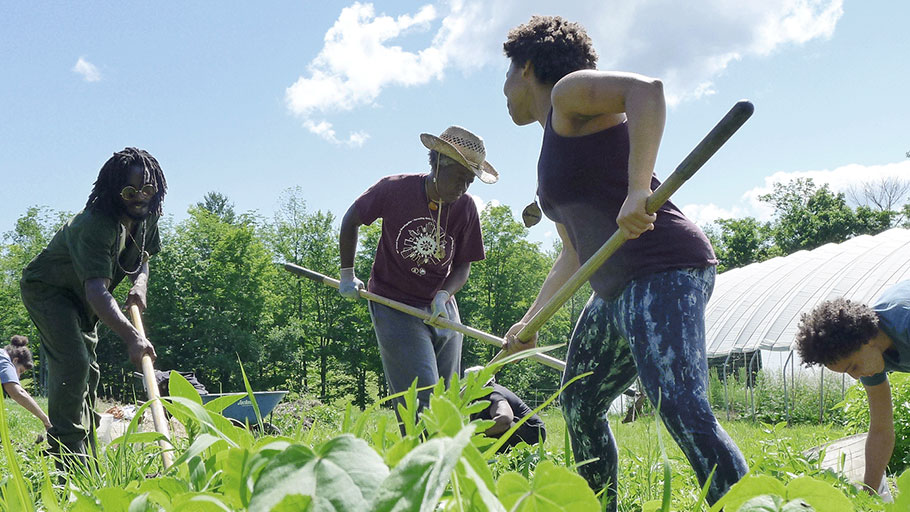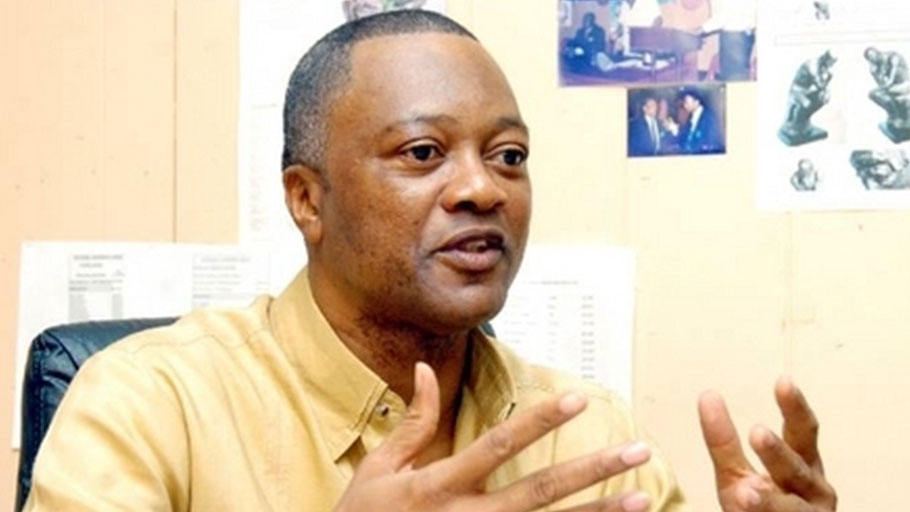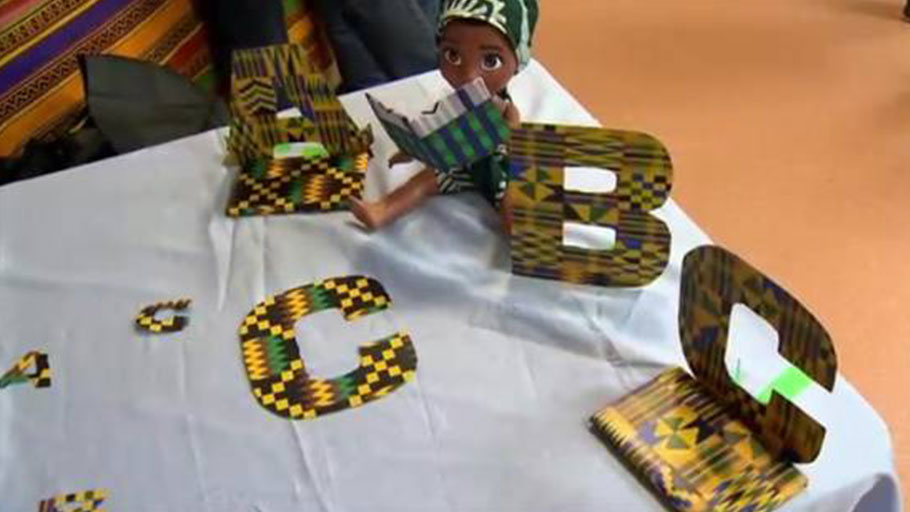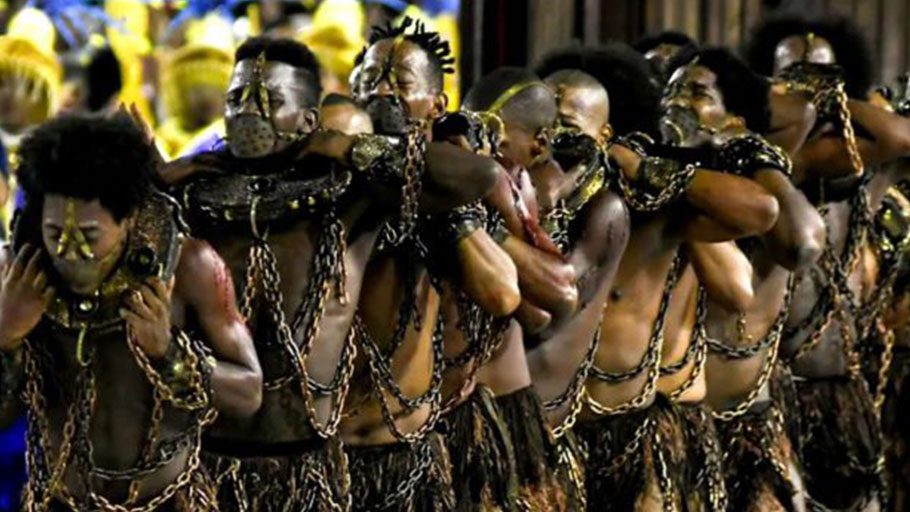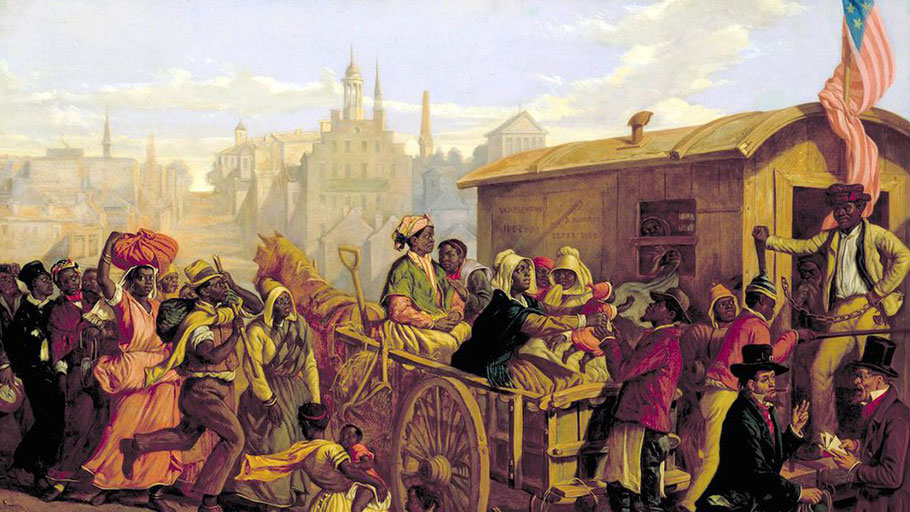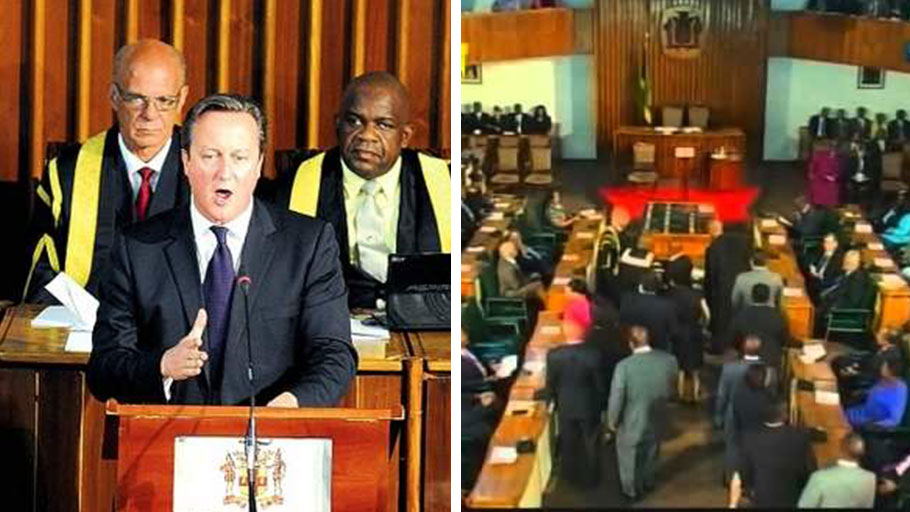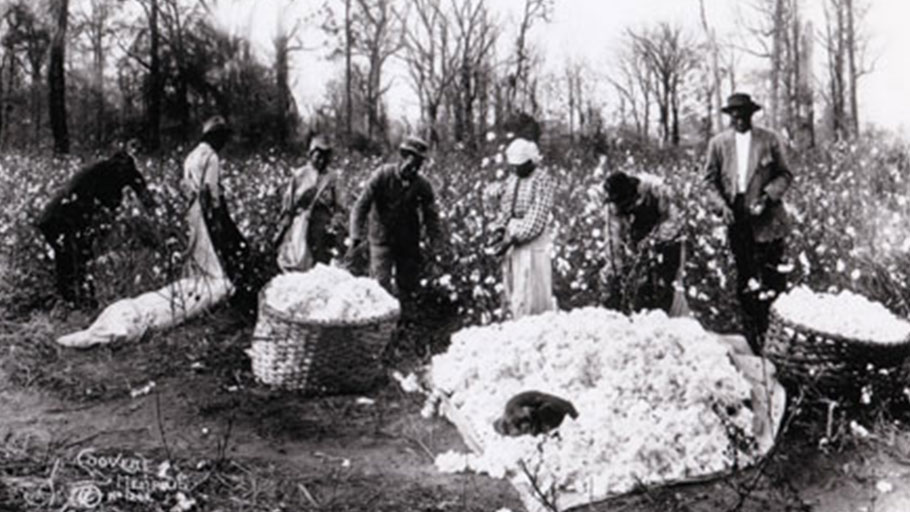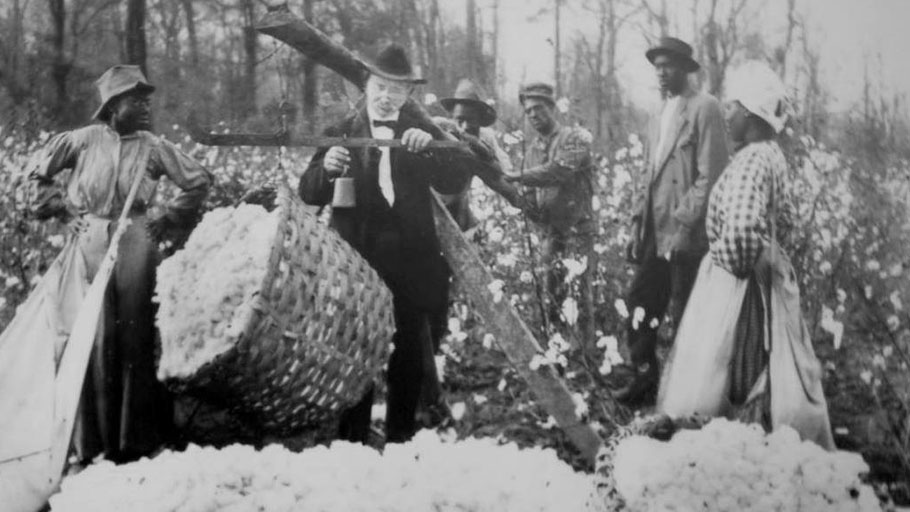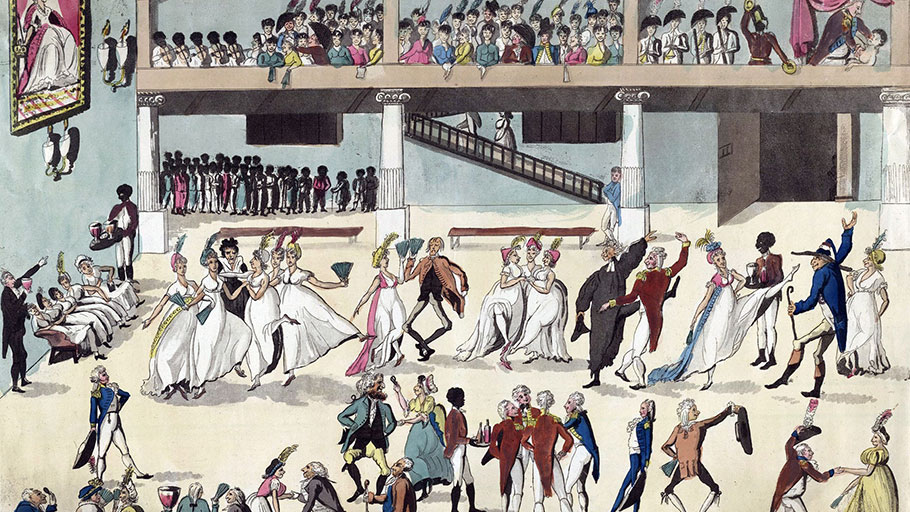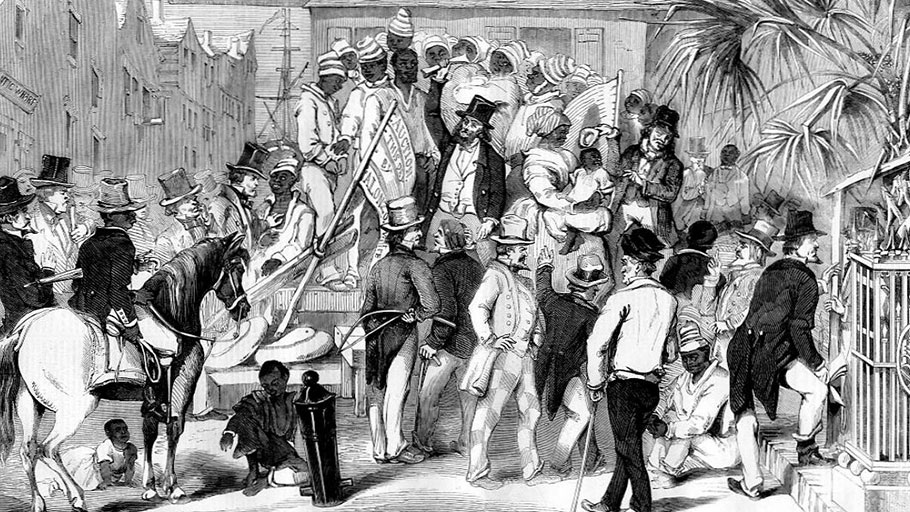
During the Civil War, the jails that held the enslaved imprisoned Confederate soldiers. After, they became rallying points for a newly empowered community By Jonathan W. White, Smithsonian — For decades before the Civil War, slave markets, pens and jails served as holding cells for enslaved African-Americans who were awaiting sale. These were sites of brutal treatment and unbearable sorrow, as callous and avaricious slave traders tore apart families, separating…


